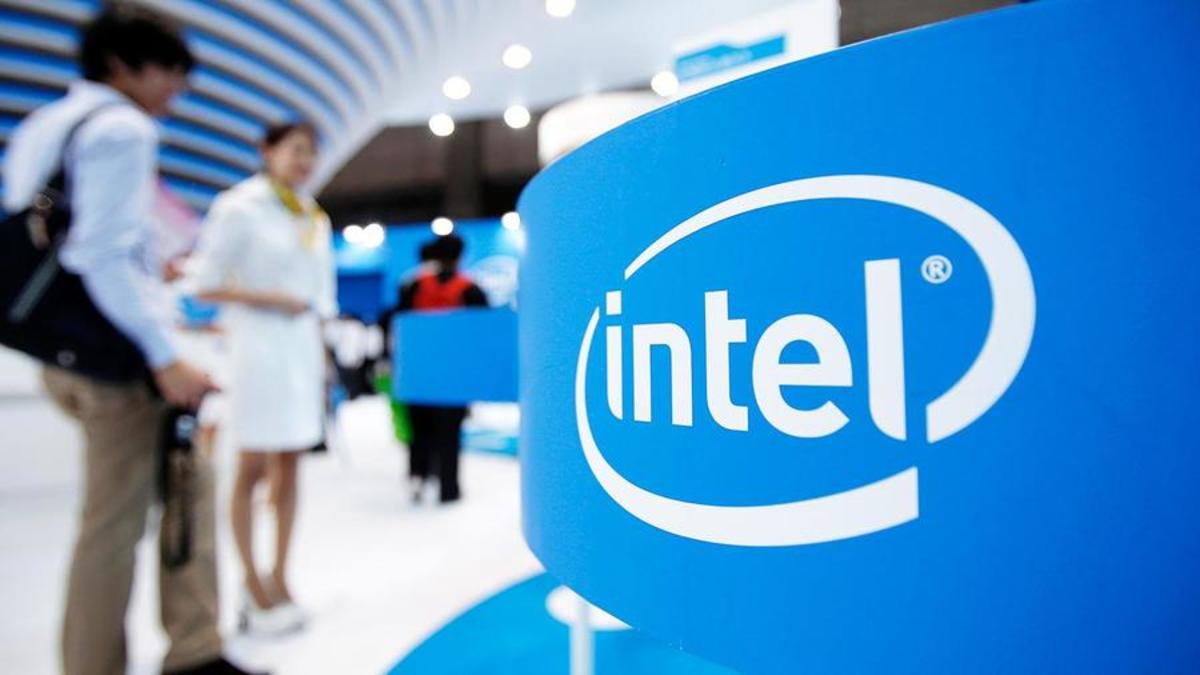
Intel shares slipped lower Tuesday after the chipmaker unveiled its latest attempt to capture a piece of the AI-investment boom, which has added billions in value to its upstart rivals while leaving the iconic tech giant watching from the sidelines.
Intel (INTC) , which is deep in the throes of a major turnround under CEO Pat Gelsinger, is looking to scale its business across the AI spectrum, making chips that power next-generation laptops, providing processors for client-based servers. It's also building and expanding a contract chip-foundry business tied to investments from President Joe Biden's Chips Act legislation.
A series of missteps, however, have kept the group from capitalizing on its ambitious plans, with profit weighed down by bloated inventories and its foundry division hammered by billions in losses tied in part to outdated production techniques.
In the meantime, rivals such as Advanced Micro Devices (AMD) , as well as market leader Nvidia (NVDA) , have extended their reach into various business segments, grabbing market share and hauling in billions in revenue as a result.
Intel shares in fact have fallen more than 34% over the past five years, compared with a 400% gain for AMD and a staggering 3,000% surge for Nvidia.

In a major effort aimed at closing that now-massive gap, Intel unveiled its first major challenge to both AMD and Nvidia at the Computex conference in Taiwan last night with the debut of three updated products that could undercut its rivals and extend its leadership in the markets for AI-powered personal computers.
Enter the Intel Xenon data-center processor
Xenon, a new data center processor that Intel says will require fewer racks and less power while delivering better performance, will hit the market this week, with a higher-end version expected in the third quarter.
International Data Corp. figures suggest server spending could reach $33 billion this year alone as companies ramp their AI-investment plans,
Intel also launched its Lunar Lake chip for AI computing, which it says will start shipping in the third quarter, as it looks to build on the expected demand for AI-powered laptops.
The group further revealed pricing data for the Gaudi family of AI accelerators, which will be built into Xenon processors and sharply undercut the cost of Nvidia's benchmark H100 chips.
Related: Analyst resets Nvidia stock price target as CEO unveils new AI platform
“Intel is one of the only companies in the world innovating across the full spectrum of the AI-market opportunity — from semiconductor manufacturing to PC, network, edge and data-center systems," Gelsinger said.
"Our latest Xeon, Gaudi and Core Ultra platforms, combined with the power of our hardware and software ecosystem, are delivering the flexible, secure, sustainable and cost-effective solutions our customers need to maximize the immense opportunities ahead.”
Gelsinger also took a direct shot at Nvidia CEO Jensen Huang, who has argued that old school processors such as Intel's are unable to keep pace with the speed of AI enhancements.
Moore's Law 'alive and well'
"As we look now to have a billion transistors on a single chip and even looking to a trillion transistors in a single package by the end of the decade and unlike what Jensen might have you believe, Moore's law is alive and well,' Gelsinger told the Computex event.
Moore's Law, named after Intel co-founder Gordon Moore, essentially states that chip speeds double, while costs are halved, on a two-year cycle.
Investors, however, have largely agreed with Huang's assessment, leaving Intel vulnerable to the surge in investment in AI-focused technologies which require specialized graphics-processing units and data servers from Nvidia and AMD.
Related: Chip giant strives to compete with Nvidia with latest launch
The pair are testing Intel's leadership in the PC market as well by using technology from Arm Holdings, (ARM) a U.K. chipmaker that listed on the Nasdaq last year, to design central-processing units that will run the Microsoft (MSFT) operating system.
AMD is also set to use Arm's technology to design CPUs for Windows-based PCs.
Those challenges, as well as the diversion of spending to AI servers over traditional ones, helped pare Intel's current-quarter sales outlook to between $12.5 billion and $13.5 billion in late April, and triggered a share-price slump that lopped more nearly $20 billion in market value.
More AI Stocks:
- Analysts retool C3.ai stock price target after earnings
- Analysts revamp Salesforce stock price targets after earnings
- Veteran fund manager issues blunt warning on Nvidia stock
Gelsinger remains optimistic, however, that AI can drive massive industry gains and that Intel can be a major player in the tech world's latest rebirth.
"I think of it like the internet 25 years ago; it’s that big," he said. "We see this as the fuel that’s driving the semiconductor industry to reach $1 trillion by the end of the decade.”
Intel shares, which had a big upside move in early trading, were last marked 0.36% lower on the session at $30.18 each, a move that would leave the stock down around 40% for the year.
Related: Veteran fund manager picks favorite stocks for 2024







